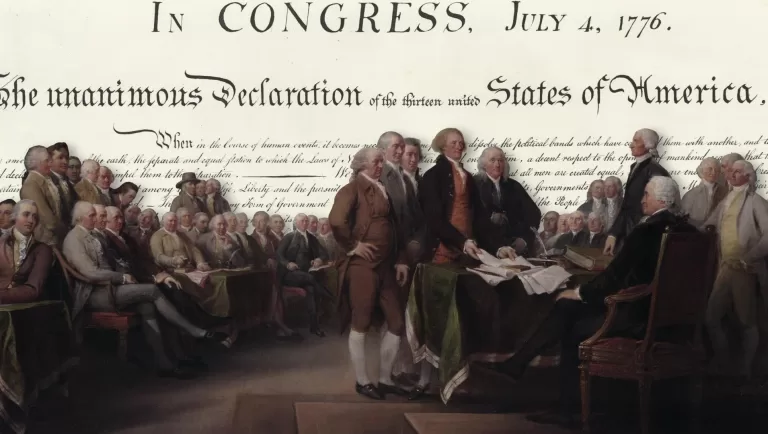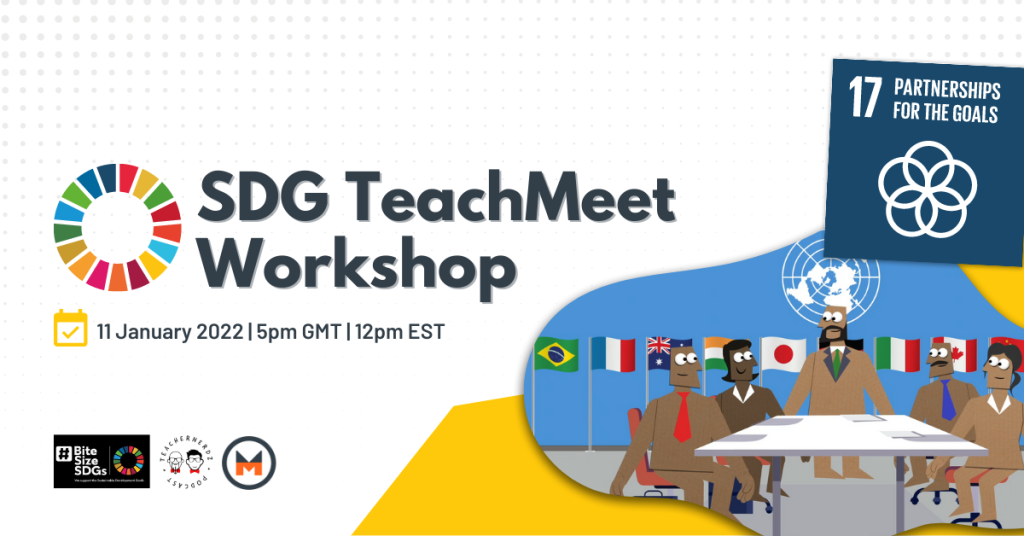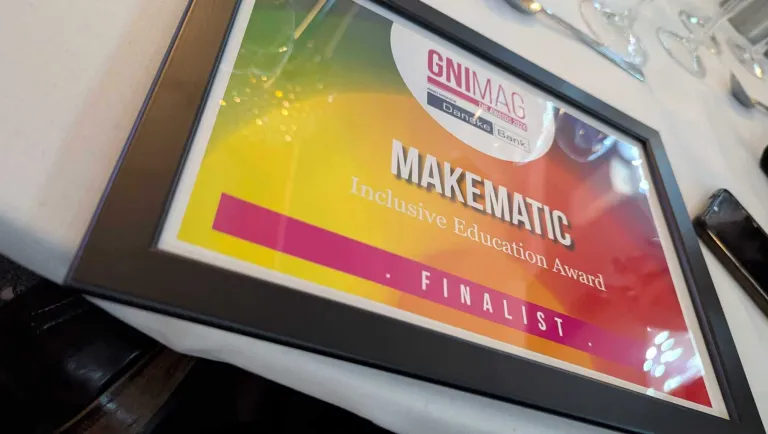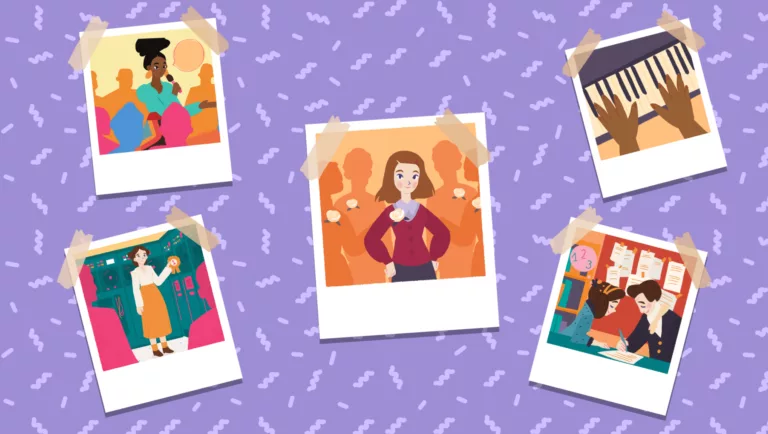
5 Reasons Why Digital Citizenship Matters in the Age of the Metaverse
We are living in a digital era, and with the rising discussions of the Metaverse in popular culture, it's become more commonplace than ever before. The way we learn, interact, socialize, and more is increasingly becoming technology-reliant.
Digital citizenship explores the ethical dilemmas present through our interactions within the digital world, and how we navigate the space effectively for the benefit of ourselves and others. Here are our top five tips for becoming a good digital citizen.
Treat others as you would like to be treated
A phrase you may have heard more in 'real-life', however, it applies just as effectively to your online usage. By rethinking online interactions as real people interactions we can help negate cyberbullying and by effect, fuelling trolling. As unique of a space the digital world is, it can have staggering and saddening real-life negative, consequences.
Do your part to "lead by example", and help negate escalating scenarios. Re-connect with the outside world whenever the online world provides too much of a negative vibe for you. Talk to others, and prioritize human interaction above digital, whenever possible, to remain grounded in both.
Gain a basic understanding of Copyright
Digital citizenship isn't just about morals and ethics, there's a component of law too, that should be thought about, particularly when it comes to intellectual property rights and plagiarism. Having a further understanding of what rights and restrictions apply when using digital devices in your country, can help you to better navigate the potential legal landmines currently present e.g. music copyright for content creators.
Respecting intellectual property can go even further. By being aware of the prevalency of online phishing scams that try to harvest your personal data for money. Also, brushing up on how to properly use images and citations for your future projects, can help to avoid stressful issues later in higher education and further.
Recognize and raise awareness of the digital divide
Not everyone has access to digital technology, this may be due to socioeconomic or use of access in their location. How would you feel if the majority of the world was communicating online but you didn't have access to it?
Being conscious of whether everyone in your classroom has the same privileges and access to online technology as yourself is a great first step to recognizing the distinction while being conscientious not to create a social divide as a result. If you wish to do more, why not check our local charities that donate old smartphones and devices to underprivileged families.
Evaluate the validity of what you read and watch online
Digital literacy is the key to developing your reading, writing, and critical thinking skills. Investigating everything you consume online, and working out plausibility is a great step to remain independent cognitive while consuming copious amounts of information daily.
This can be done by determining the credibility of a source's references; this can be done for articles, videos, news posts, and more. If you're interested to learn more about how to amp up your Digital Literacy, here's our blog on just that!
Assume everything you share online is there permanently
It's easy to lose track of the human aspect when communicating online. Some people may appear entirely different online than they do in real life, to some it's a medium of expression, while others may see it as an opportunity to be exploitative or demeaning.
Being wary that everyone you publish digitally, could be used against you in the future, may sound like a pessimistic point of view on the internet, however, it can also be the best way to safeguard your own mental health and future career opportunities. Don't rely on a delete button, there are questions on whether it truly 'deletes' what you post for the world to see.
We hope you've found these tips informative, while they encourage future insight and develop thought into what it takes to be a good global citizen. Like Digital Literacy, Citizenship takes time to grow, and we all have a responsibility to lead by example as the digital divide lessens.
Digital citizenship and global citizenship are both distinct in their own right but feature similar, fundamental principles. If you would like to learn more about global citizenship and 21st-century skills, why not check out our blog on '21st Century Skills In ‘21, Where Are We At?'
TeachMeet Workshop

On 11th January 2022, we will be running a TeachMeet workshop focusing on Global Goal 17, where educators in different countries will gather to share ideas and experiences of incorporating SDGs into the curriculum. We will be running a Lesson Design Sprint where small groups of teachers will brainstorm together and build out a lesson plan around one of our SDG videos.


